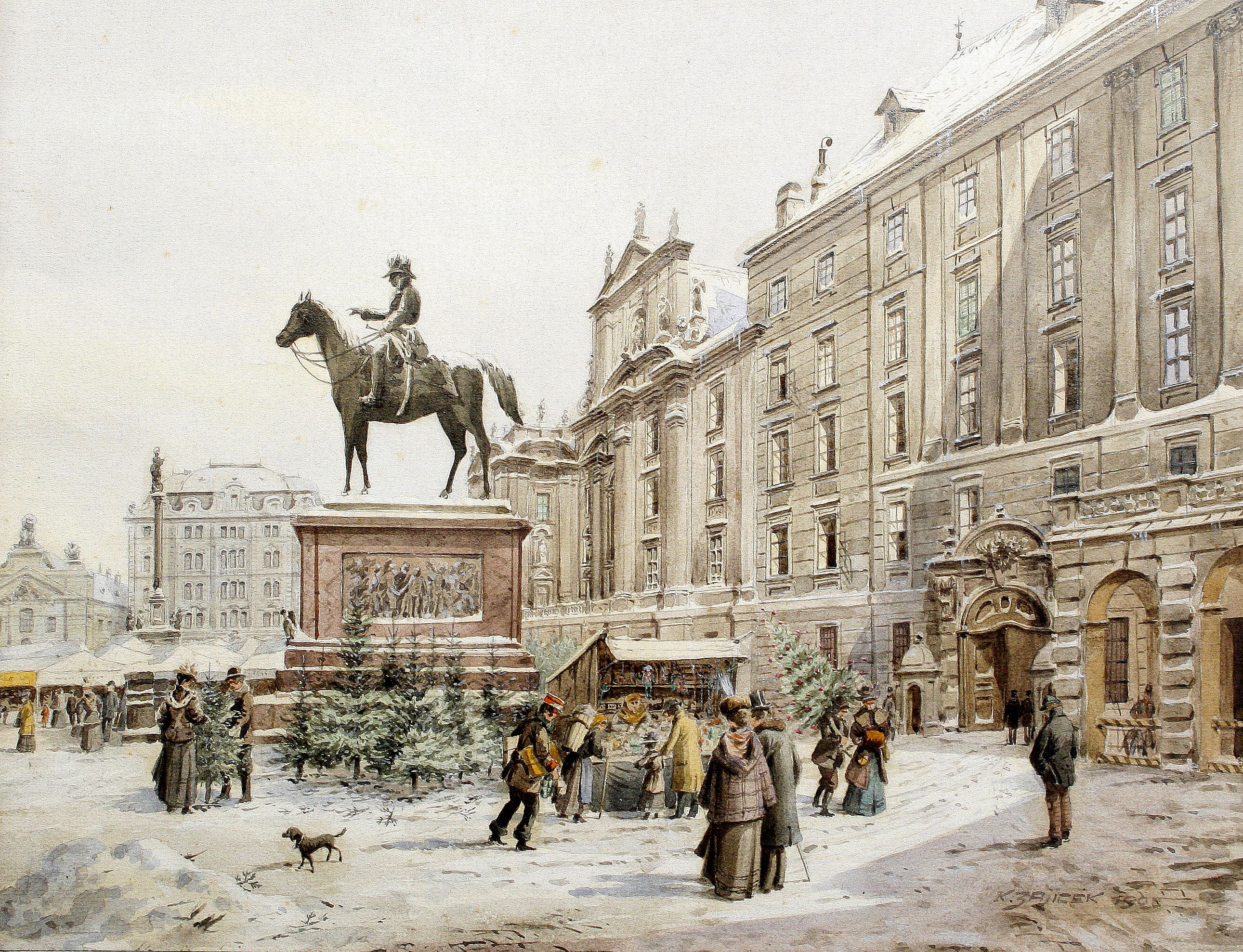
A Century of Chess: Vienna 1908
1908 was a jubilee year in the Austro-Hungarian Empire – the 60th anniversary of Franz Joseph’s accession to the throne – and the Empire celebrated, naturally enough, with a series of high-profile chess tournaments. The Vienna tournament in the spring was the first of the year, followed by a Prague tournament a moth later. Both featured an almost identical crosstable.

Schlechter and Duras tied for the lead in both tournaments. Maróczy shared first place in Vienna but fell off the pace in Prague. Rubinstein took fourth place in both tournaments, a disappointment after his run in 1907, but posted a few of his enduring positional masterpieces. Teichmann finished in his customary fifth places. Vienna was a good tournament for local talent. In addition to Schlechter, the native Viennese players Perlis and Spielmann, as well as the expatriate Tartakower, finished high in the crosstable.

In retrospect, the most significant event of the tournament was one of the least-noticed – the first appearance of 19-year-old Richard Réti in international chess. It was an inauspicious début: Réti lost his first seven games and finished dead-last, with three draws and sixteen losses. It was an even worse début than Nimzowitsch’s at Barmen (1905) – and Réti’s maturation was slower. He was basically a local player for a long time and was just starting to join the elite right when World War I broke out.
1908 was Duras’ peak and it’s staggering, actually, to play through his games and to get the flavor of his talent.

He played the opening haphazardly, as often as not had an inferior position at some point in each game, and then had an ability to outplay anyone from virtually any position – and the more imbalances on the board the greater the likelihood of his finding some winning path.
His attacks had a persistence that’s reminiscent of Pillsbury’s. He was resourceful in defense and a real mosquito in the endgame, constantly finding opportunities for himself. His tournaments were always tumultuous – very few draws and long winning streaks.
Schlechter led most of the way in Vienna.
Maróczy caught up with him, thanks in large part to a win over Duras.
Duras finally joined the leaders with a last-round victory over Bardeleben.
It starts to look odd from here through the next few years to see Rubinstein anywhere other than first place. I tend to think of Rubinstein and Duras developing in close parallel, with completely asymmetrical styles - a bit like Petrosian and Geller or Karpov and Vaganian. Rubinstein's discipline would eventually prevail and he would prove to be a far greater player but for a year or two it wasn't at all clear that that would be the case.
